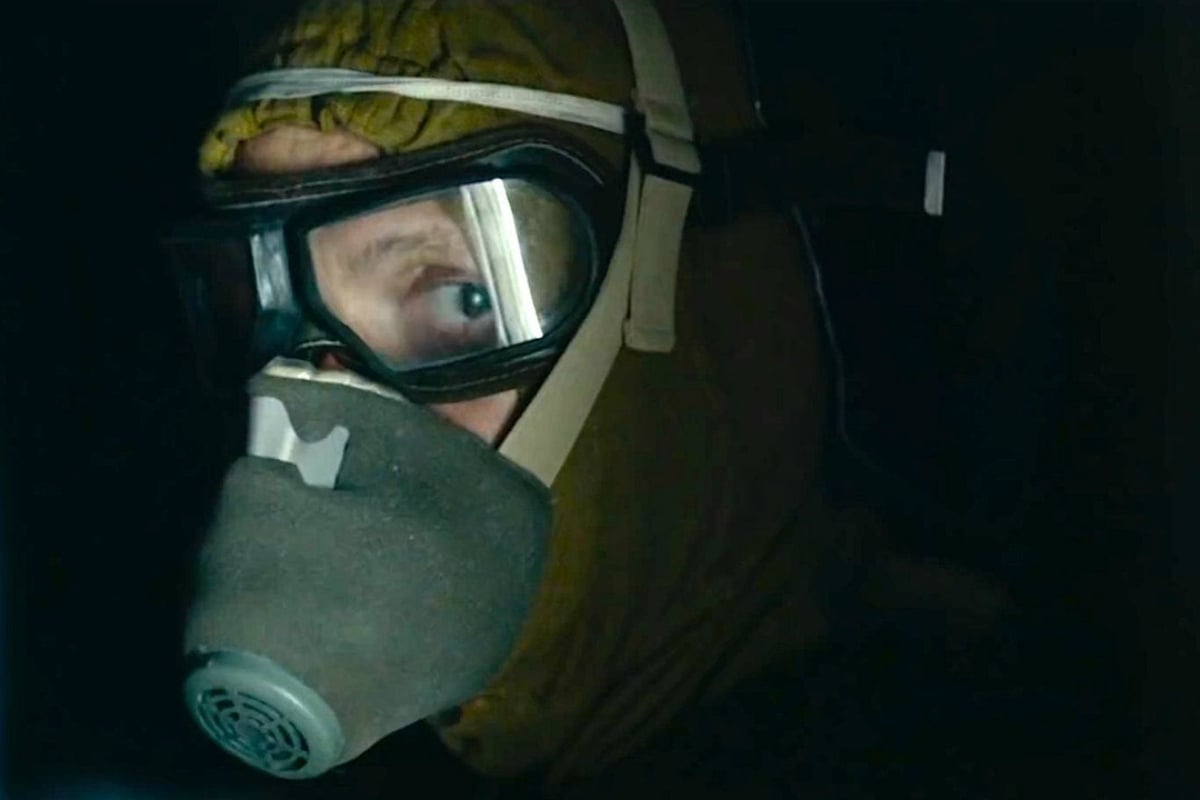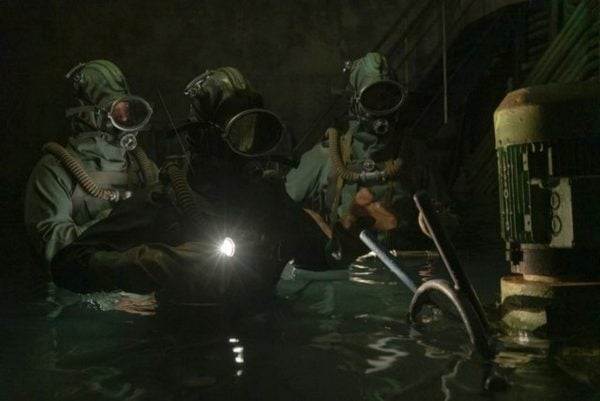
The Chernobyl catastrophe is considered the worst nuclear accident in history.
At 1:23 am on 26 April 1986, a safety test at the Chernobyl Power Plant in Ukraine set off two explosions to the equivalent of 400 nuclear bombs.
Two workers were instantly killed and 29 more passed away in the following months.
The release of HBO’s five-part series, Chernobyl, has put the nuclear disaster back in the public eye as it recounts the aftermath of the tragedy in great detail.
You can watch the official trailer for Chernobyl, right here. Post continues after video.
Researchers remain divided on how fatal the Chernobyl disaster ultimately was. The World Health Organisation estimates that 30,000 deaths can be attributed to Chernobyl. However, the Chernobyl Union of Ukraine, a non-government organisation, estimates the death toll to be 734,000, with most due to related cancers.
But this toll could have been exponentially higher, had it not been for three brave men who volunteered for a job that many considered certain death. The mission later earned them the nickname ‘the suicide squad’.

